Subtotal: ₦35.00
100KΩ 2W resistor
₦70.00
The 100KΩ 2W resistor is a fixed-value resistor designed for applications requiring higher power dissipation. It is used to limit current, divide voltage, and protect components in various electronic circuits. This resistor is suitable for power supply circuits, audio equipment, and other applications where reliable performance and high power handling are essential.
Key Features:
- Fixed resistance value of 100KΩ
- Power rating of 2 watts
- Flame-resistant coating for safety
- High reliability and stability
- Axial leads for easy mounting on printed circuit boards (PCBs)
- Suitable for a wide range of electronic applications
Technical Specifications:
- Resistance Value: 100KΩ
- Power Rating: 2W
- Tolerance: ±5% (J) or ±1% (F), depending on the model
- Temperature Coefficient: ±200 ppm/°C
- Operating Temperature Range: -55°C to +155°C
- Body Size: Approx. 5.5mm (Diameter) x 15mm (Length)
- Lead Diameter: Approx. 0.8mm
- Material: Metal oxide film or carbon film
- Maximum Working Voltage: 350V
- Maximum Overload Voltage: 600V
Applications:
- Power Supplies: Used in power supply circuits for current limiting and voltage division.
- LED Drivers: Ideal for controlling the current flow in LED circuits.
- Audio Equipment: Suitable for audio crossover networks and other audio applications.
- General Electronics: Used in a variety of electronic devices and circuits.
- Industrial Equipment: Suitable for industrial control and automation systems.
Usage:
- Identify the resistor’s resistance value and power rating by reading the color code or label.
- Solder the resistor onto the PCB or connect it into the circuit using the axial leads.
- Ensure the resistor is placed in a location that allows for adequate heat dissipation.
- Verify the resistor’s connections and test the circuit to ensure proper operation.
Caution:
- Do not exceed the resistor’s maximum power rating to avoid overheating and potential failure.
- Ensure proper ventilation and heat dissipation when using the resistor in high-power applications.
- Handle with care to prevent damage to the resistor’s leads and coating.
- Verify the resistor’s resistance value and tolerance before use in precision circuits.
In stock
Be the first to review “100KΩ 2W resistor”
You must be <a href="https://hub360.com.ng/my-account-3/">logged in</a> to post a review.

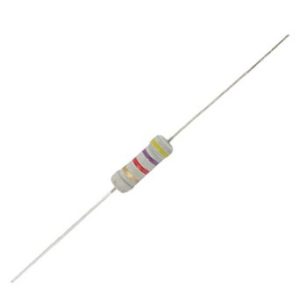
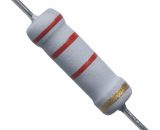
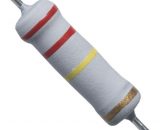
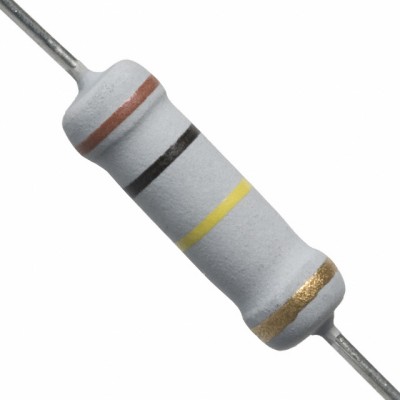
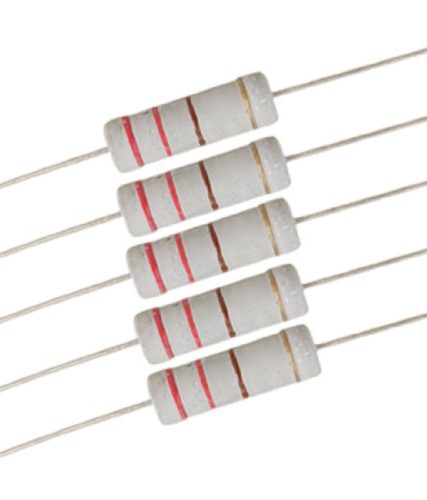
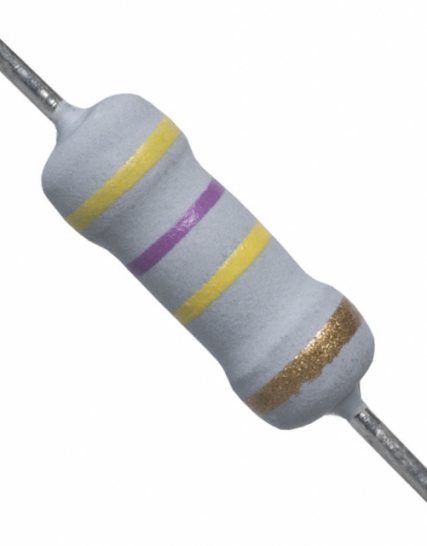
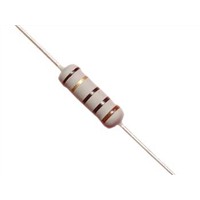

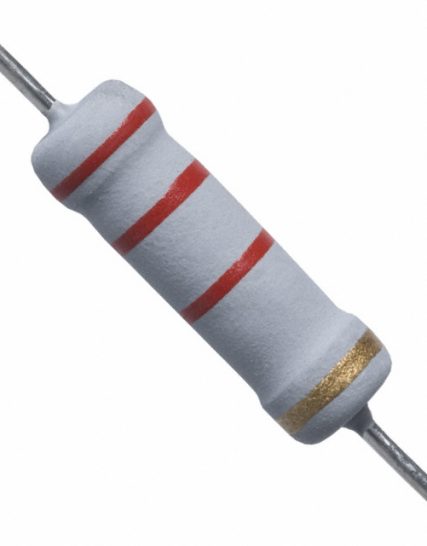
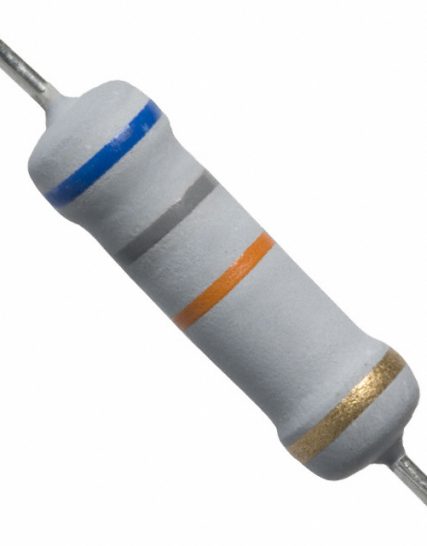
Reviews
There are no reviews yet.